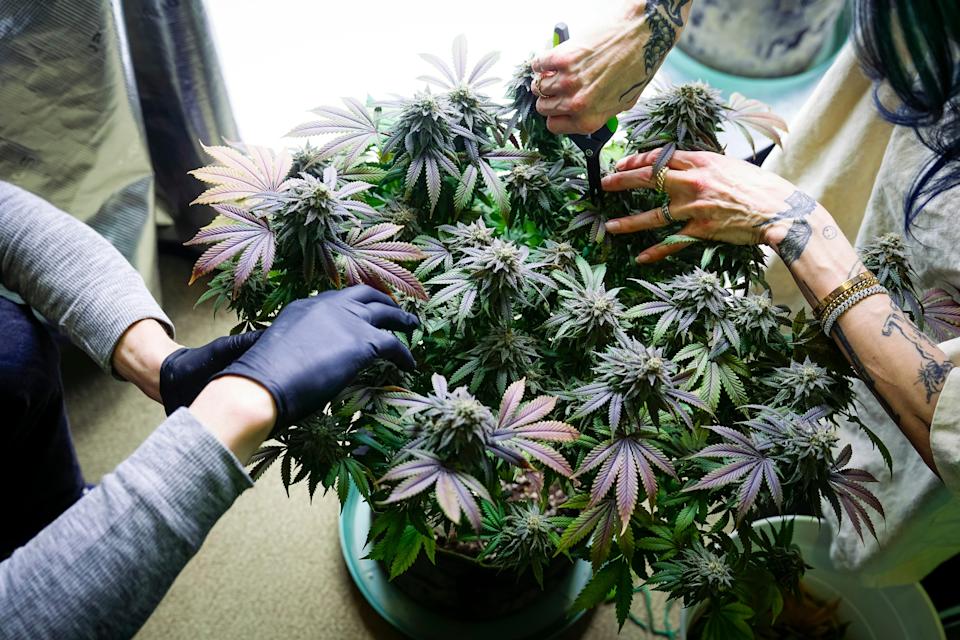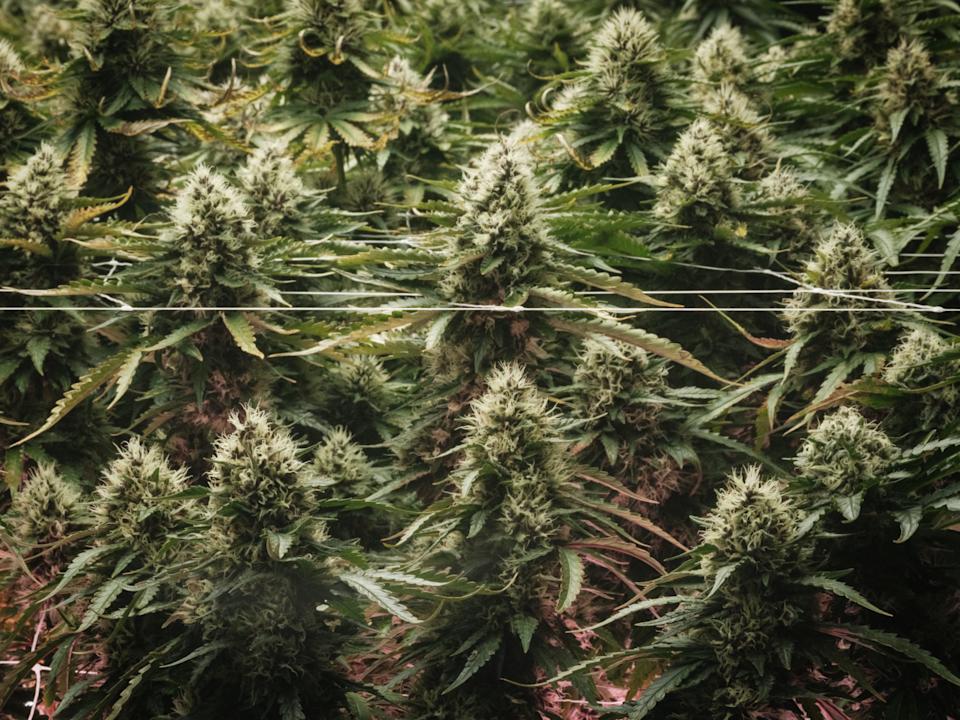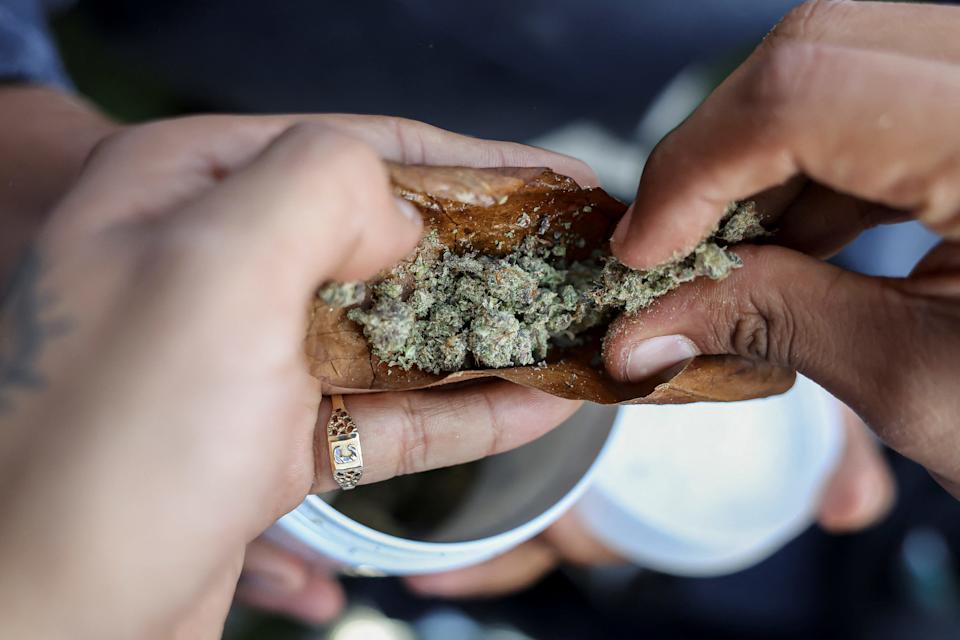A new study has found a link between chronic cannabis use − including in edible form − and an increased risk of cardiovascular disease that’s comparable to the effects of smoking tobacco.
The study published May 28 is the latest to associate cannabis with negative health impacts and was conducted by researchers at the University of California, San Francisco, who analyzed the cardiovascular health of 55 people who consumed cannabis at least three times a week for at least a year.
They found vascular function was reduced by about half when compared with those who did not consume cannabis regularly. They also showed signs of increased risk for premature heart disease, researchers found, similar to tobacco smokers.
Those included in the study were tested to ensure they do not smoke tobacco or vape and were not frequently exposed to secondhand tobacco smoke.
“This study enhances the understanding of the potential risks to vascular health linked to cannabis use and provides more evidence that cannabis use is not benign,” the researchers concluded.
What does the new study say about edibles?

Alan Butts and Elena Kaiser, of Columbus, Ohio, harvest a marijuana plant from their indoor home-grow setup.
The finding that surprised researchers most was that vascular function of those who chronically used THC-laced edibles was over 50% reduced when compared with non-users. Those who smoked marijuana showed an average reduction of 42%.
Edibles have been seen as possibly less harmful than smoking or vaping marijuana.
“When I first saw the THC result, I said to [another researcher], ‘Scientifically, this THC result is really interesting but boy does it screw up the public health messaging,’” Matthew Springer, senior study author and professor of medicine at UC San Francisco, told the outlet SFGate.

Cannabis, commonly known as marijuana, is displayed at the Great Smokey Cannabis Company’s shop located on the Qualla Boundary, the homeland of the sovereign Eastern Band of Cherokee Indians (EBCI), in Cherokee, North Carolina, on November 2, 2024.
Mounting evidence is tying cannabis to health risks
Last year, a study linked daily use of marijuana – whether smoked, vaped or eaten in edible form – to significantly higher risk of heart attack and stroke.
In 2023, a study led by a Stanford University researcher found that using marijuana everyday raised the risk of coronary artery disease. That study, however, did not differentiate the risk of different types of cannabis products, such as vapes and edibles.
The American Heart Association has also said that cannabis is associated with negative health implications and has advocated for further research to confirm its impacts.
More research is needed

People roll a blunt during the informal annual cannabis holiday, corresponding to the numerical figure widely recognized within the cannabis subculture as a symbol for all things related to marijuana, in Denver, Colorado, U.S., April 20, 2023.
In an interview with CNN, Springer said the research shows that “cannabis users have poor vascular function, not that cannabis use causes poor vascular function.”
While no causal relationship has been established, the results of the study have begun to pique the interest of other experts.
“Could it be that other forms of marijuana – teas, tinctures, edibles – are perhaps not as benign as we once thought?” Dr. Andrew Freeman, director of cardiovascular prevention and wellness at National Jewish Health in Denver, told CNN. “We need larger studies to make a better conclusion about this finding.”
This article originally appeared on USA TODAY: Are edibles better for you than smoking weed? New study suggests not



